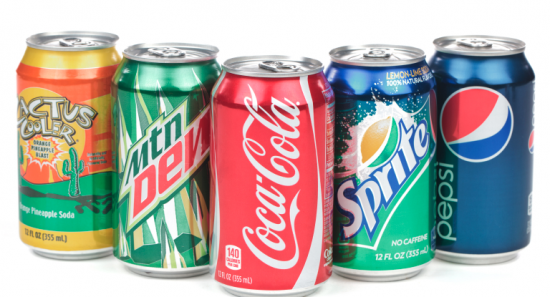
In a private meeting at the Capitol Friday, Mayor Toni Harp asked Gov. Dannel P. Malloy to support development at the harbor and the former Coliseum site — and left her idea for a soda tax for another day.
Harp, a former high-ranking state senator, made the pitch in a meeting Friday with Malloy. The mayor and governor’s respective chiefs of staff and city staffer Becky Bombero joined the meeting in the governor’s office.
Harp said they talked “about some of the things on our wish list.”
That includes development projects at the former New Haven Coliseum site, a new boathouse in the harbor, and a new plan to redevelop the area around Union Station and build a second parking garage. She floated some ideas on her legislative agenda, such as a small business and minority revolving loan fund, she said. She mentioned an effort to revive the shuttered Dixwell Community “Q” House. She asked for an increase in municipal funding.
“He was open to all of those things,” Harp said. “I felt positive.”
Soda Tax
Harp said she did not mention another item on her legislative wish list: creating a 2 percent tax on all “high-calorie sugary drinks.”
She said her proposal is based on work done by the Community Alliance For Research (CARE) at Yale. CARE conducted a survey of 1,298 adults and 1,226 children in New Haven’s low-income neighborhoods and found that 70 percent of adults and half of children were overweight or obese.
“Younger and younger children are getting Type 2 diabetes,” a chronic disease that is preventable, very costly to the health care system, and can have crippling effects on a person’s life, causing them to lose limbs, she said.
“Obesity is as much as a health threat as smoking cigarettes is,” Harp said. “It impacts heart disease, cancer, diabetes” — all of which make it “very hard to control costs” in the health care system.
“I really think this is important stuff,” she said.
Soda is a big culprit in the obesity epidemic, Harp argued. Drinking just one sugary drink per day increases a child’s risk of becoming obese by 60 percent, she wrote in her legislative agenda narrative. Harp said Harvard researchers have shown that people drank 16 percent fewer sugary drinks when the prices went up.
A 2‑percent tax on sugary drinks would generate $144 million in state revenue per year, Harp’s staff has calculated. That money could be used to increase subsidies for fresh foods and vegetables, she said.
Harp said she supported a soda tax about three or four years ago. The effort failed in the face of a “huge lobby by the beverage industry in opposition to it,” she recalled.
She said she didn’t talk about sodas with Malloy. She focused on “financial asks,” not “legislative policy issues.”
Malloy may not be so keen on a soda tax, she predicted.
“For the past couple of years, [Malloy] hasn’t wanted to do any new taxes,” Harp said. “At least for the first conversation, I didn’t want to put up any roadblocks or impediments for getting anything done.”